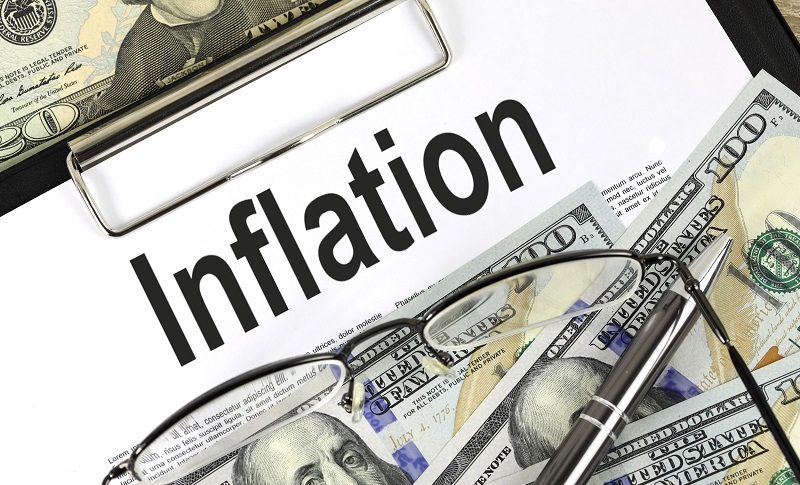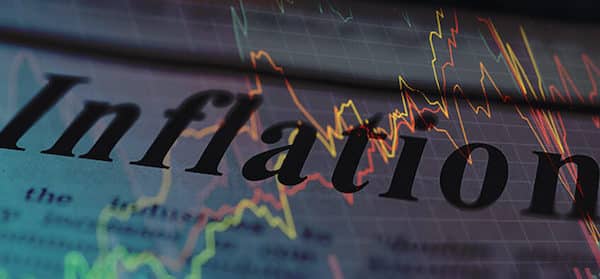Will the German Economy Stay in Recession?

Germany’s economy has entered a technical recession after two shrinking quarters, and economists are worried it might be there for a while longer.
The German central bank predicted that the economy will continue to grow smaller, at least for the next three months. Their reasoning is that citizens feel uncertain about what the government’s policy will be moving forward, and consumers are being very careful with their spending even as transport strikes make it difficult for the country to recover economically.
| Broker | Review | Regulators | Min Deposit | Website | |
|---|---|---|---|---|---|
| 🥇 |  | Read Review | ASIC, FSA, CBI, BVI, FSCA, FRSA, CySEC, ISA, JFSA | USD 100 | Visit Broker >> |
| 🥈 |  | Read Review | FMA, FSA | USD 50 | Visit Broker >> |
| 🥉 |  | Read Review | FSCA, CySEC, DFSA, FSA, CMA | USD 0 | Visit Broker >> |
| 4 |  | Read Review | SFSA, FSCA, CySec* | USD 5 | Visit Broker >> |
| 5 |  | Read Review | FCA, CySEC, FSCA, SCB | USD 100 | Visit Broker >> |
| 6 |  | Read Review | FCA, FINMA, FSA, ASIC | USD 0 | Visit Broker >> |
| 7 |  | Read Review | CySEC, FCA, FSA, FSCA, Labuan FSA | USD 100 | Visit Broker >> |
| 8 |  | Read Review | Not Regulated | 0.001 BTC | Visit Broker >> |
| 9 |  | Read Review | ASIC, CySEC, FSCA, CMA | USD 100 | Visit Broker >> |
| 10 |  | Read Review | CySEC,MISA, FSCA | USD 20 | Visit Broker >> |
The first quarter of 2024 is expected to continue to suffer from the current stress factors still plaguing it. This worries economists who believe that the stress factors will result in economic decline for the next quarter as well.
Throughout 2023, the German economy declined by 0.3%, and that level of shrinkage was reported for the fourth quarter as well. This placed Germany as the lowest performing major economic power for 2023.
What its citizens are hoping for is that the country will rebound very soon, but indicators are pointing in the opposite direction. In fact, the central bank says there is very little indication that the country will rebound early in 2024. Because of its technical recession, Germany may stay down for a while longer.
Economic Growth for 2024
Germany’s economic minister, Robert Habeck, said that the economic growth forecast will be drastically reduced, dropping from 1.3% to 0.2%.
According to Habeck, there was an immediate hindrance to the country’s growth coming from the constitutional court. In November, the court restricted the government from getting around its debt break by using off-budget financing vehicles.
Production woes abound for Germany, since transportation strikes are slowing down production in all industries and making it difficult for the country to get back on its feet. Higher borrowing costs are making it difficult for German citizens to invest, and Germany’s industrial goods are experiencing a decrease in demand.
However, Germany’s central bank is optimistic about the recession, saying it does not expect there to be a broad and long lasting depression that would significantly affect economic output. They expect household spending to increase as the labor market continues to stay stable and wages rise as well. Expect a slow but steady recovery for Germany’s economy.
🏆 7 Best Forex Brokers
| Broker | Website | |
|---|---|---|
| 🥇 |  | Visit Broker >> |
| 🥈 |  | Visit Broker >> |
| 🥉 |  | Visit Broker >> |
| 4 |  | Visit Broker >> |
| 5 |  | Visit Broker >> |
| 6 |  | Visit Broker >> |
| 7 |  | Visit Broker >> |












